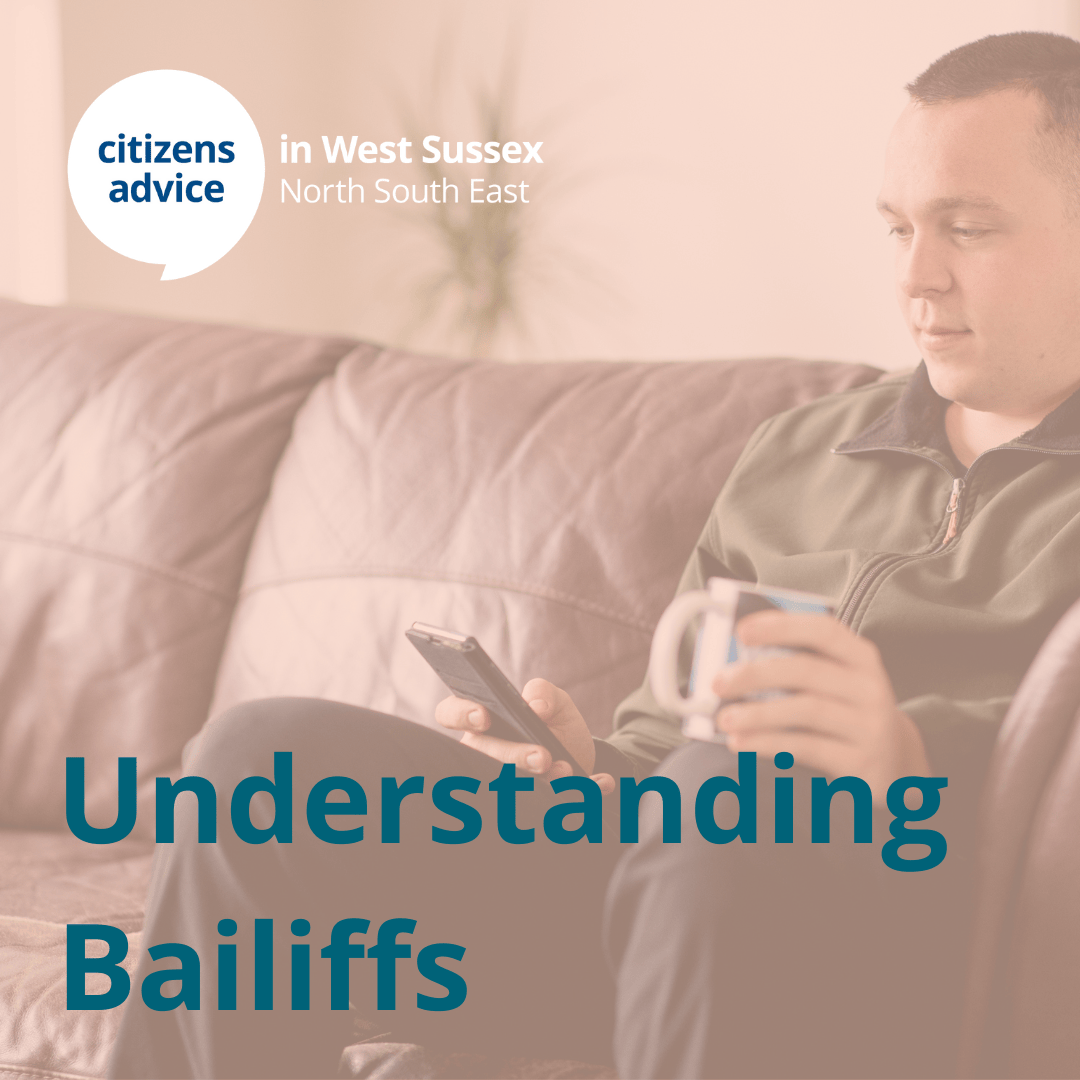What to Expect and How to Respond
Dealing with bailiffs can be stressful, especially if you’re unfamiliar with the process. Knowing the types of notices they issue and how to respond effectively is essential for protecting your rights and property.
It is especially important to let the bailiffs know if you are vulnerable.
“If you’re vulnerable bailiffs have to treat you with greater care, including giving you more time to respond to letters or demands.” – Vulnerability and bailiffs
The Bailiff Process: Key Notices
When a debt is unpaid, the creditor may obtain a County Court Judgment (CCJ) against you, legally confirming the debt. If payment isn’t made, the creditor can employ bailiffs to enforce the debt. Here’s an overview of the key notices you might receive:
- Notice of Enforcement: After the CCJ, this notice is the first communication from bailiffs. It details the debt, enforcement costs, and provides a payment deadline, usually seven days. If you don’t respond, bailiffs may visit your property.
- Notice of Intention to Enter and Search: If the debt remains unpaid, bailiffs may issue this notice, giving them the right to enter your property and seize goods, typically peacefully but forcibly if necessary.
- Controlled Goods Agreement: If bailiffs visit your property, they may issue this agreement, listing items they intend to seize if the debt isn’t settled. Signing it allows bailiffs control over these goods until payment is made.
Notice Validity and Compliance
Each notice has specific legal requirements. Here’s what to look for:
Notice of Enforcement: Must include the enforcement agency’s details, reference to the court order, a breakdown of the debt and fees, and a payment deadline. It’s invalid if it doesn’t provide at least seven days’ notice.
Notice of Intention to Enter and Search: Must be delivered in person or via recorded delivery, stating the intention to enter and search, the date and time, and the bailiff’s identification.
Controlled Goods Agreement: Should clearly list the controlled items, the outstanding balance, and the agreed payment schedule. A copy must be provided, and non-compliance can render their actions invalid.
Understanding bailiff notices and responding promptly can significantly reduce your vulnerability. Stay informed, verify notices, and take immediate action to protect your assets and rights.
Example templates of how legally compliant notices should look can be found on the gov.uk website here: https://www.legislation.gov.uk/uksi/2014/421
If you are uncertain on how to deal with bailiffs, contact Citizens Advice as soon as possible.
Call our Adviceline on 0808 278 7969.

